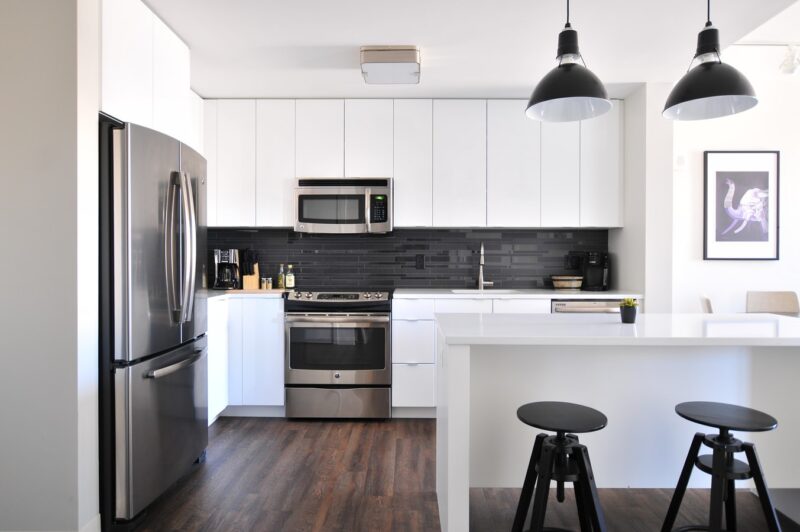If you’re a business owner with an SMSF, it’s possible to become your own landlord and take advantage of tax and super benefits.
Do you rent a commercial property for your business to operate out of? Imagine if all the rent you pay was going straight back into your own pocket. If your SMSF buys a commercial property to rent to your business, you’re basically becoming your own landlord and paying rent to yourself. But are you allowed to rent a property from your SMSF?
When it comes to purchasing property in your SMSF, the ATO has rules that must be complied with:
- In-house assets rule If one of your fund’s assets — let’s say a house — is leased to a related party — perhaps your business — then the property becomes an in-house asset. In-house assets are allowed, but they cannot make up more than 5% of your fund’s total assets.
- Sole Purpose Test. Your SMSF must meet the sole purpose test — which specifies that the assets are held with the sole purpose of providing retirement benefits to the members. No-one associated with your fund — including your business — is allowed to receive a present-day benefit from any of the investments.
- Related party acquisition rule. An SMSF cannot acquire assets from a related party, which means purchasing property that you directly hold is not allowed.
With that being said, business real property — i.e. a commercial building that your business operates out of — is exempt from those above rules. This opens up a world of possibilities for businesses and SMSFs! If you’re wondering, can I rent a property owned by my SMSF? — the answer is yes, with real business property! So how can businesses and SMSFs make the most of these exemptions?
Claim a tax deduction for business rent expense
If your business is already renting, then it’s likely you’re already claiming a tax deduction. However, If you personally own your commercial building, then you don’t pay rent and have no opportunity to claim a tax deduction for rent expense. Purchasing your commercial building with your SMSF provides the opportunity for your business to rent it back from your SMSF. The business can claim a tax deduction while the SMSF receives the rental income.
Rental income is taxed at super rates
If you’re worried about the tax treatment of earning rental income, it might be handy to know that any income earned by the SMSF is taxed at a concessional rate of 15%. This is potentially a lot lower than your marginal tax rate might be if you were renting out a directly held property. In addition to the lower tax rate, if you were to hold the property until you retire and commence a pension, the rental income and any capital gain could be completely tax-free!
Rental income contributes to your retirement fund
If you’ve been renting from someone else or you own your commercial property and pay no rent, your money has been going elsewhere. By renting the property from your SMSF, the rent goes straight into the pocket of your SMSFs members (aka you!), albeit via the super fund. While the rent acts as a sort of contribution from you to your SMSF, it is not treated as a contribution. For super purposes, the rental income is treated as earnings of the fund, so you’re still free to make concessional and non-concessional contributions up to your cap. This may offer a solution for those looking to increase their super contributions.
While purchasing a commercial property with your SMSF to lease to your business can offer taxation and super strategy advantages, it’s important to consider your overall goals and needs before jumping into any big decisions. Book a chat with SMSF Loan Experts if you’d like to learn more about purchasing a commercial property in your SMSF.







